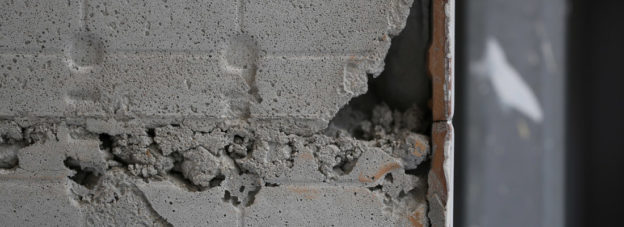In Lennar Northeast Props. v. Barton Partners Architects Planners, Inc, C.A. No. 16-cv-12330-ADB, 2021 U.S. Dist. LEXIS 11800, the United States District Court for the District of Massachusetts considered whether a property owner’s construction defect claims against a contractor were barred by the six-year statute of repose for improvements to real property. Massachusetts’ statute of repose, Mass. Gen. Laws ch. 260, § 2B, bars tort actions against those involved in the design, planning, construction or general administration of an improvement to real property more than six years after the earlier of the dates of (1) the opening of the improvement to use; or (2) substantial completion of the improvement and the taking of possession or occupancy by the owner. Finding that, despite the fact that the plaintiff’s actions were labeled as contract, breach of warranty and consumer protection act claims, the complaint alleged actions sounding in tort. Thus, the court applied the statute of repose to these claims. Continue reading








